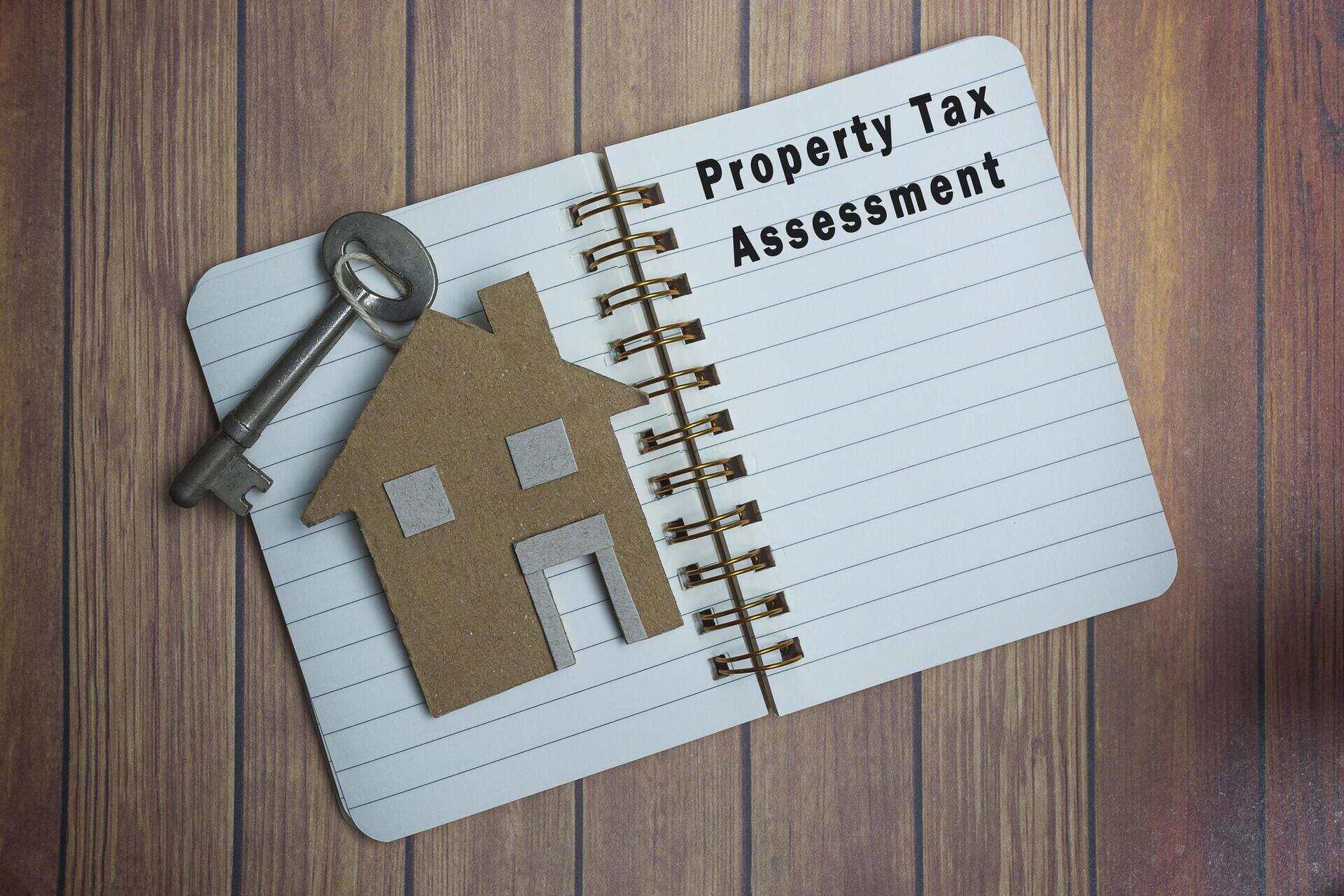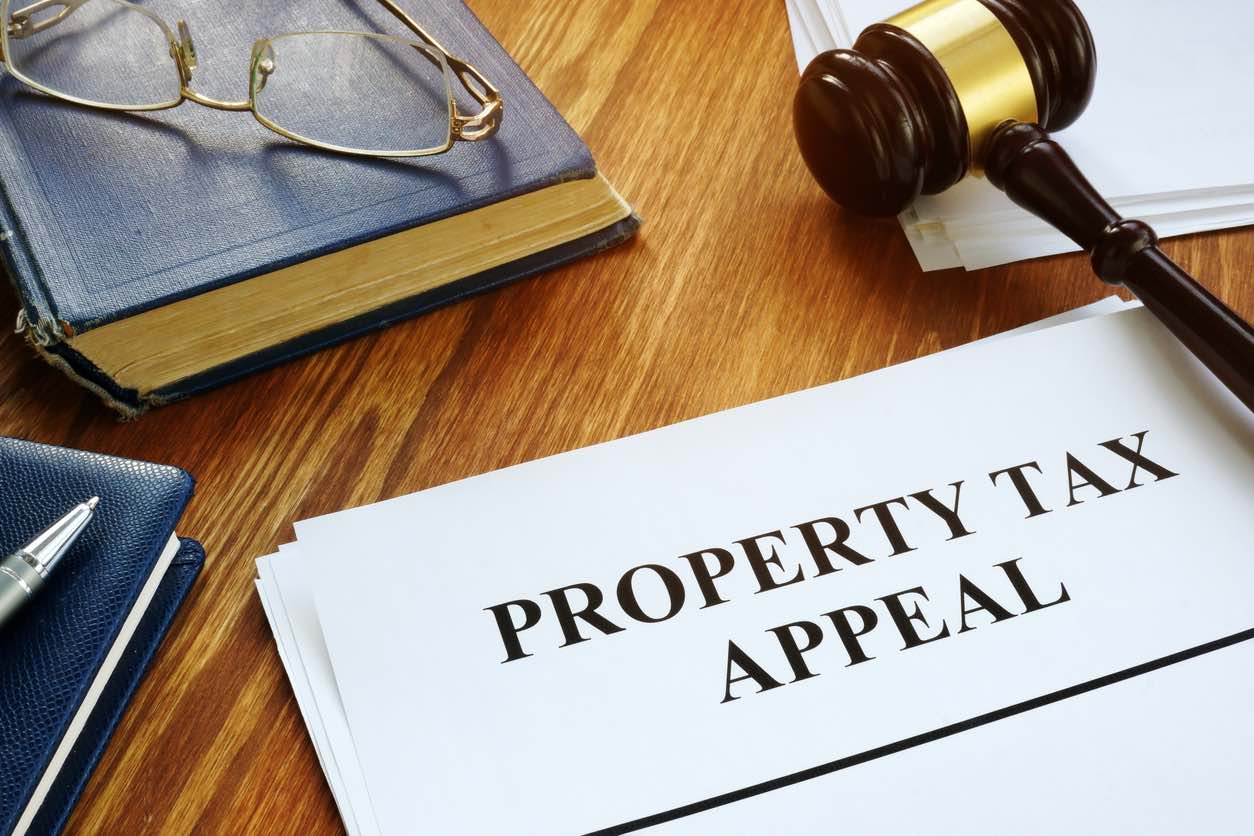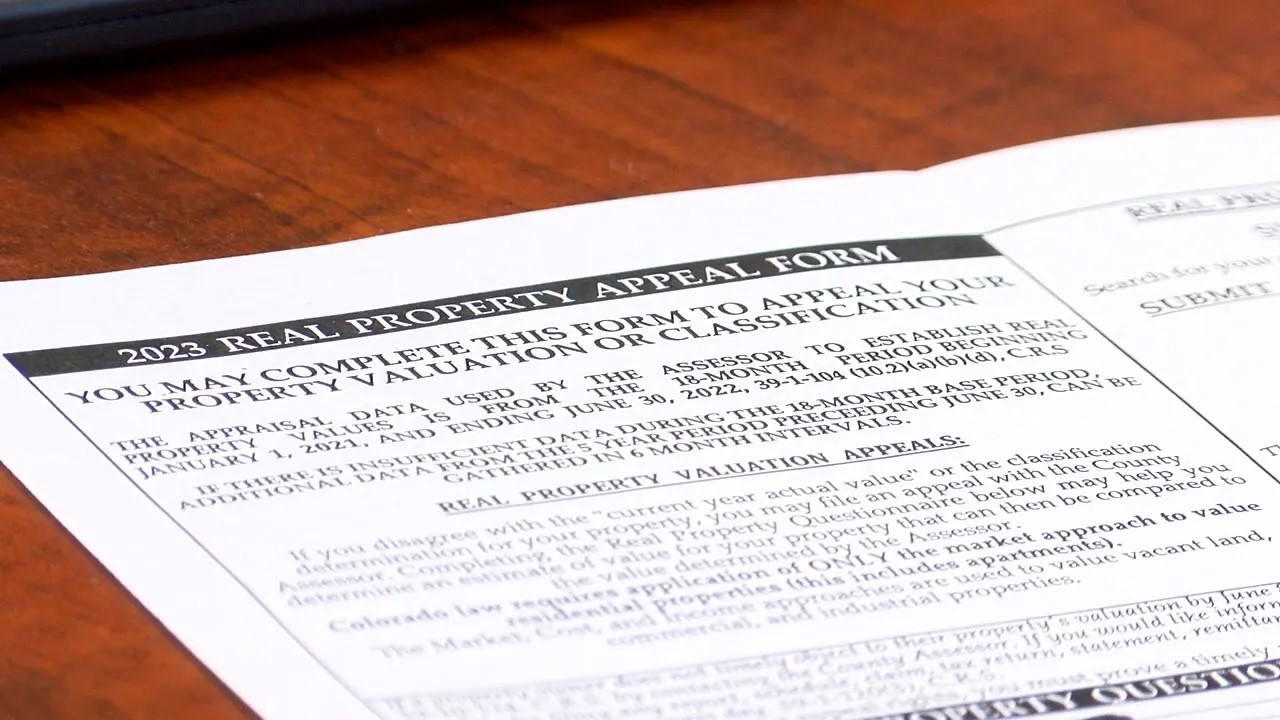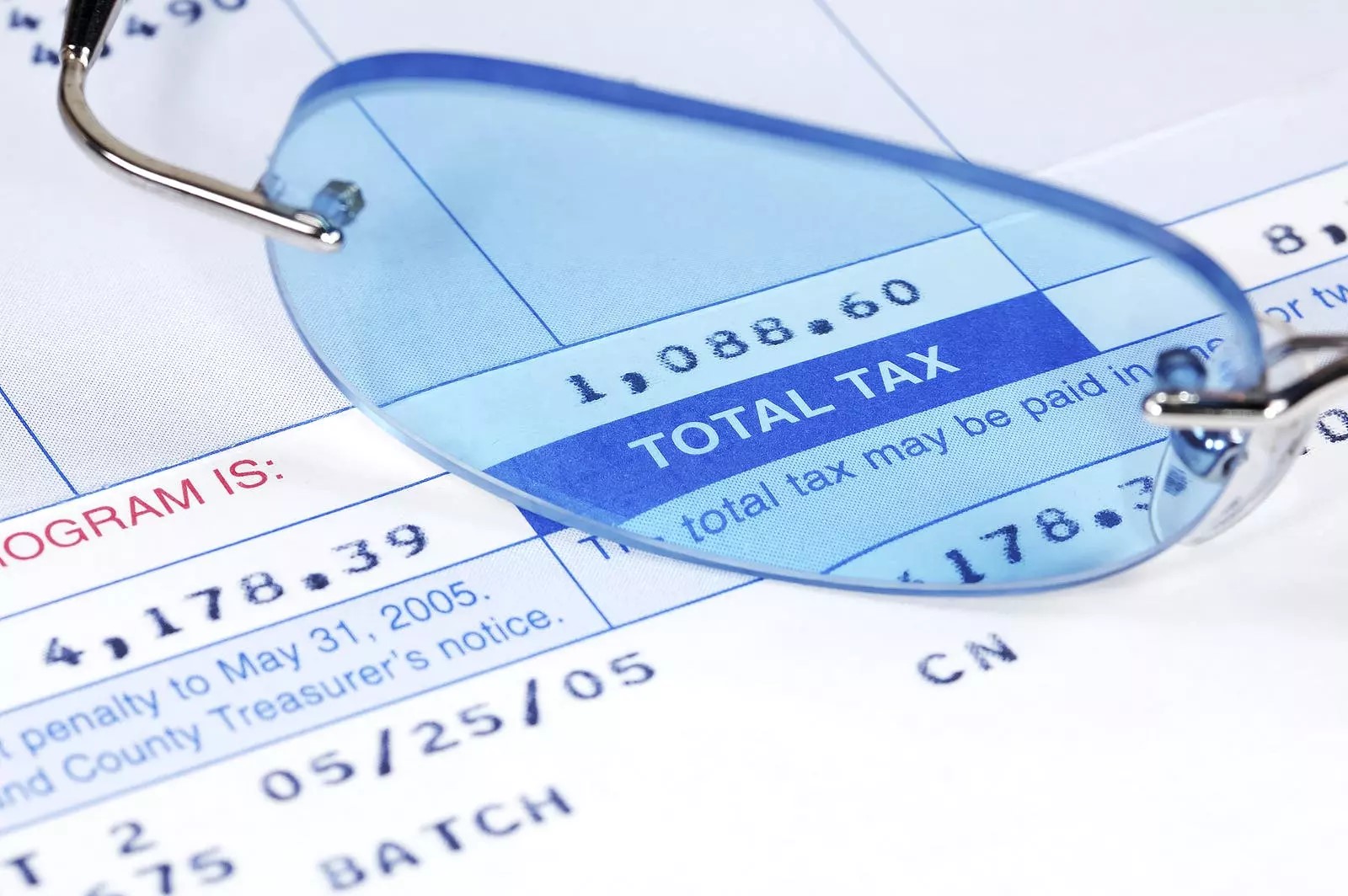Home>Ideas and Tips>Property Tax Appeals: When And How To Challenge Assessments


Ideas and Tips
Property Tax Appeals: When And How To Challenge Assessments
Published: October 28, 2024
Learn when and how to challenge property tax assessments effectively to ensure you're not overpaying. Discover key steps and considerations for a successful appeal.
(Many of the links in this article redirect to a specific reviewed product. Your purchase of these products through affiliate links helps to generate commission for Storables.com, at no extra cost. Learn more)
Property tax appeals are a crucial process for homeowners who believe their property has been overvalued by the local assessor. This article will guide you through the steps and considerations involved in challenging your property tax assessment, helping you understand when and how to appeal effectively.
Understanding Property Tax Assessments
Property taxes are a significant source of revenue for local governments, funding essential community services such as education and public safety. The amount of property tax you pay is directly tied to the assessed value of your property. However, this valuation can sometimes be inaccurate, leading to higher-than-necessary tax bills for homeowners.
Factors Influencing Property Value Assessments
Local property assessors use various methods to determine property values, including the cost approach, market approach, and income approach. The cost approach estimates the value based on the cost of replacing or reproducing the property. The market approach compares your property to similar properties in the area to determine its value. The income approach is typically used for income-generating properties like office buildings or apartment complexes, where it involves assessing market rental rates and operating expenses.
Importance of Accurate Assessments
Accurate property assessments are crucial because they directly impact your tax bill. If your property is overvalued, you may end up paying more in taxes than you should. Conversely, if your property is undervalued, you might miss out on potential savings. Therefore, it is essential to understand how your property's value is determined and to be vigilant about reviewing your property valuations each year.
When to File a Property Tax Appeal
Deciding whether to file a property tax appeal requires careful consideration. Here are some scenarios where appealing your property tax assessment makes sense:
1. Overvaluation Compared to Similar Properties
One common reason for filing a property tax appeal is when your property is valued higher than similar properties in the area. This discrepancy can be due to various factors such as outdated information or incorrect measurements. By comparing your property's value with that of comparable properties (comps), you can gather evidence to support your claim that the assessment is inaccurate.
2. Recent Market Changes
If there have been significant changes in the local real estate market since the last assessment, it may be worth appealing. For instance, if property values have plummeted in your area but your assessment remains high, you might have a strong case for an appeal.
3. Errors in Assessment
Another reason for appealing is if there are errors in the assessment process. This could include incorrect measurements of your property or incorrect data used by the assessor. Identifying these errors can help you build a strong case for a reduction in your property's assessed value.
Steps to File a Property Tax Appeal
Filing a property tax appeal involves several steps, which vary slightly depending on your location but generally follow these guidelines:
1. Assess Comparable Properties
The first step in challenging your property tax assessment is to gather information about comparable properties in your area. This involves researching recent sales data, consulting with real estate agents, and gathering information from neighbors who may have similar properties.
2. Contact the Assessor’s Office
Once you have gathered data on comparable properties, contact your local assessor’s office to understand the rationale behind the current assessment. This conversation can provide valuable insights into what factors could change the valuation and help you build your case.
3. Gather Supporting Evidence
To strengthen your appeal, gather as much supporting evidence as possible. This can include:
- Listing Contracts: Details of recent sales of similar properties.
- MLS Catalogue Pages: Information from Multiple Listing Services.
- Closing Statements: Records of recent property transactions.
- Contractor’s Affidavit: Documentation of new improvements to your property.
- Appraisal Reports: Professional appraisals conducted by licensed or certified appraisers.
4. File the Appeal
After gathering all necessary documentation, file the formal appeal with the local independent board responsible for reviewing property tax assessments. This typically involves paying a small filing fee (usually $50 or less) and submitting the required paperwork along with your supporting evidence.
5. Attend a Hearing (if necessary)
If your appeal is not resolved informally, you may be required to attend a hearing before the local appeals board. At this hearing, you will have the opportunity to present your case and demonstrate why you believe the assessment is inaccurate using the evidence you have collected.
Deadlines for Filing Appeals
It is crucial to note that there are strict deadlines for filing property tax appeals, which vary by jurisdiction. For example:
- In DeKalb County, Georgia, homeowners have until July to appeal their assessments after receiving them in May.
- In Texas, assessments are generally sent out in April and homeowners have until mid-May to contest them.
- In South Florida, homeowners only have 25 days from the date a notice is mailed to file a petition with an appeals board.
Missing these deadlines can result in significant lost tax savings and may bar you from appealing your tax assessments for that year.
Costs Associated with Filing Appeals
While filing a property tax appeal can potentially save you money on your tax bill, it also comes with costs. These costs include:
- Filing Fees: Small fees charged by the county for processing your appeal.
- Appraisal Costs: Hiring a professional appraiser to assess your property's value can cost between $300 to $800, depending on where you live.
- Attorney Fees: If you choose to hire an attorney to represent you in the appeal process, their fees will add to your expenses.
However, if you successfully lower your property tax bill through an appeal, these costs can be justified.
Should You File an Appeal?
Deciding whether to file an appeal involves weighing the potential savings against the costs involved. Here are some considerations:
Potential Savings
If your property is overvalued by a significant margin compared to similar properties in the area, filing an appeal could result in substantial savings on your tax bill. For instance, if your property is valued at 20% more than comparable properties, appealing could lead to a substantial reduction in your taxes.
Costs and Effort
On the other hand, filing an appeal requires time and effort. You will need to gather documentation, complete paperwork, and potentially attend a hearing. The hours spent on this process have a dollar value, and if the savings are minimal (e.g., less than $100 per year), it might not be worth the effort.
Risks of Appealing
There are also risks associated with appealing your property tax assessment. If the latest assessment undervalues your property, appealing could increase your property taxes more than they already have been. Additionally, a successful appeal could lower the fair market value of your home if you try to sell it in that same year, potentially affecting its resale value.
Conclusion
Property tax appeals are an important tool for homeowners who believe their property has been overvalued by local assessors. By understanding when and how to challenge assessments, you can potentially save thousands of dollars on your annual tax bill. Remember that each jurisdiction has its own rules and deadlines for filing appeals, so it's essential to be vigilant about reviewing your property valuations each year and taking action promptly if you believe there is an error.
In summary:
- Assess Comparable Properties: Gather data on similar properties in your area.
- Contact the Assessor’s Office: Understand the rationale behind the current assessment.
- Gather Supporting Evidence: Collect documentation such as listing contracts, MLS catalogue pages, closing statements, contractor’s affidavits, and appraisal reports.
- File the Appeal: Submit your formal appeal with necessary paperwork and supporting evidence within the specified deadline.
- Attend a Hearing (if necessary): Present your case at a hearing if required by the appeals board.
By following these steps diligently and being aware of potential costs and risks involved in the process, you can effectively challenge your property tax assessment and achieve a fairer valuation for your home.
Additional Resources
For more detailed information specific to your jurisdiction or state, consult local resources such as county boards of review or real estate associations which often provide guidance on property tax appeals processes.
By understanding how property tax assessments work and knowing when and how to challenge them, homeowners can take control of their financial situation and ensure they are not overpaying their property taxes unnecessarily.
Was this page helpful?
At Storables.com, we guarantee accurate and reliable information. Our content, validated by Expert Board Contributors, is crafted following stringent Editorial Policies. We're committed to providing you with well-researched, expert-backed insights for all your informational needs.

















0 thoughts on “Property Tax Appeals: When And How To Challenge Assessments”